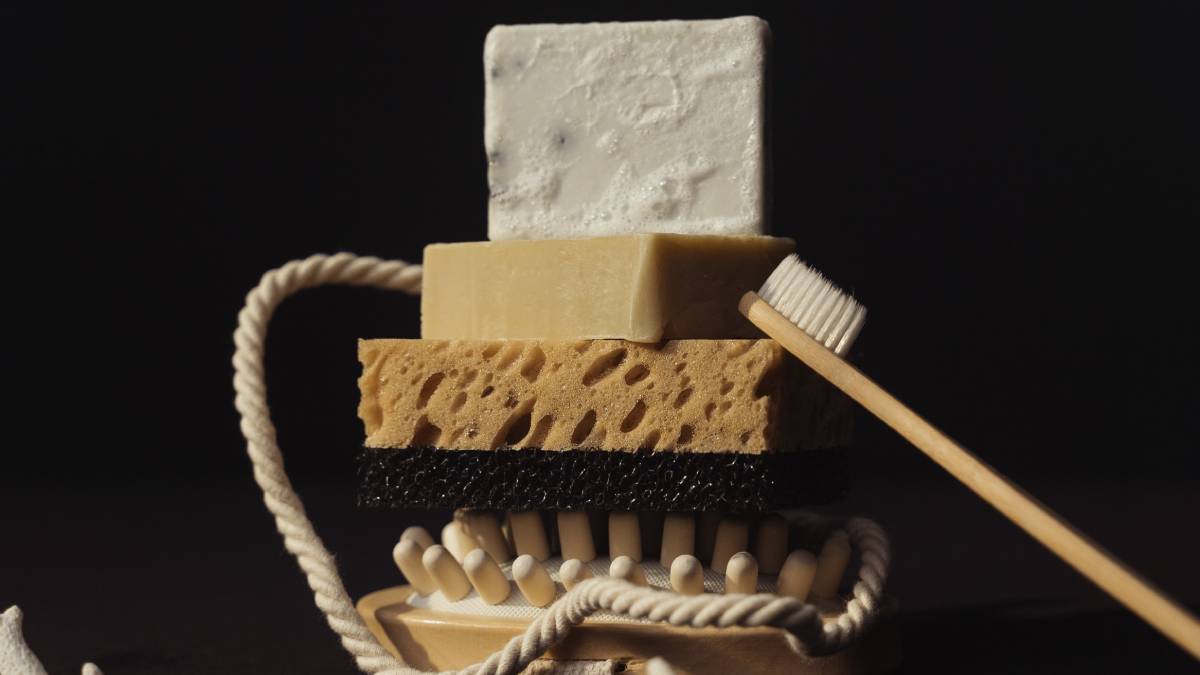How often should you change your pillow? Or how long is it safe to keep batteries in storage? There are a number of things around the house we probably don’t replace as often as we should.
It can be hard to keep track of when you bought each and every item in your house. Unfortunately, those same items can become a health risk – either as a haven for household germs or as an electrical hazard when equipment becomes faulty.
It can be equally hard to know when to throw things out, so here are six common household items with expiry dates you should be aware of.
Sponges
The humble kitchen sponge is truly indispensable but can quickly become a hotbed of bacteria. They can house germs for hours, if not days, and can then transfer them to your hands and food.
Boiling or microwaving your sponges after each use isn’t enough to kill the plethora of bacteria found on a sponge and experts say it’s best to replace them once a week.
Extension cords
If you’re like most people, then there are probably extension cords in your home that are older than your pets. But they have an expiry date like anything else, and the risk of electrocution from a faulty cord is always present.
Any sign of wear or cracks on the exterior of an extension cord means it’s time to throw it out. If the plug or prongs feel loose in the socket, this can be a fire hazard.
Inspect cords thoroughly before use, and don’t run one under a rug or overload it with too many appliances.
Toothbrushes
Most people don’t change their toothbrush as often as they should. The head of your toothbrush is home to more than 10 million bacteria – and not all of them are harmless.
Scientists recommend your toothbrush needs to be replaced at least every three to four months or when the bristles become frayed and worn, whichever comes first.
Batteries
Batteries often run out long before they become a safety concern, but it’s also not uncommon for people to stock up on batteries, especially if they’re on sale. But there are limits to how long you can keep them in storage.
Unused alkaline batteries will last between 5 and 10 years. Lithium-ion batteries, which power devices such as mobile phones, can keep a partial charge for up to four years before being depleted.
Alkaline batteries are also at risk of leaking if they are left unused in a device. This can happen in as little as six months. Gases build up inside the battery cell, eventually rupturing the outer casing and hydrogen peroxide (HP) leaks out. HP is highly corrosive and can cause serious chemical burns, so proceed with caution when handling leaking batteries.
Pillows
Resting your head and neck on your pillow night after night can leave it much dirtier than it looks. Your pillow absorbs all the sweat, oil, and skin cells you shed while sleeping.
Experts recommend replacing pillows every one to two years. Doing so helps to make sure your pillow is clean and free of allergens. It is also important to wash pillows regularly, or the safe replacement time is closer to six months.
Nonstick pans
Nonstick pans do not last forever. Ten years ago, the life expectancy of a nonstick pan was two to three years. These days the technology has improved and you can expect five to seven years from a pan with a quality coating.
Neither traditional (PTFE) or ceramic nonstick pans will last as long as a cast iron, carbon steel, copper, or stainless steel pan. Because what makes a nonstick pan not stick is a thin layer covering the cooking surface – a layer of plastic on the traditional pans and a glass-like ceramic material on the ceramic pans. And this layer will break down.
Look at your pans frequently. When they start to appear warped, discoloured or excessively scratched, be sure to stop using them.
How often are you replacing these items? Is there anything here you’ve been ignoring? Let us know in the comments section below.
Also read: How often should you clean everything in your home?


Once before you recommended putting sponges into the microwave to disinfect them.. However I found out the first time I tried, it caught fire. Checking on Google I found sponges can contain chemicals from cleaners etc that will catch fire. Don’t do it – throw them away!